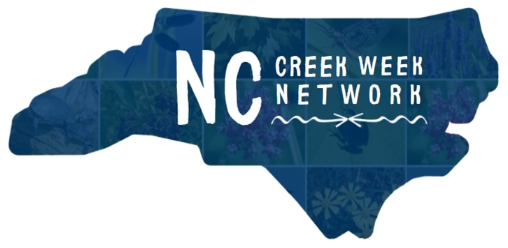
TOOLS AND RESOURCES
Interactive Maps
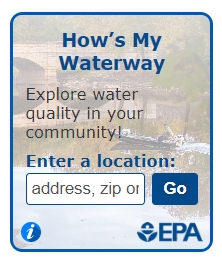 The EPA's How's My Waterway site allows you to explore watersheds at multiple scales - local, state and national. It provides information on a range of water quality topics: drinking water, swimming, fish consumption, monitoring, restoration, etc... It also provides information on EPA funded projects and watershed plans, and provides a comparison between watersheds across multiple metrics (watershed health, protected areas, wild and scenic rivers, etc...).
The EPA's How's My Waterway site allows you to explore watersheds at multiple scales - local, state and national. It provides information on a range of water quality topics: drinking water, swimming, fish consumption, monitoring, restoration, etc... It also provides information on EPA funded projects and watershed plans, and provides a comparison between watersheds across multiple metrics (watershed health, protected areas, wild and scenic rivers, etc...).
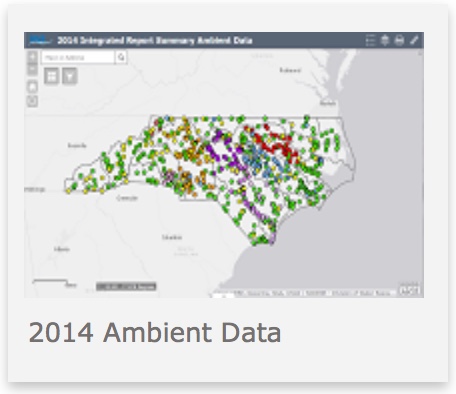
The NC DEQ Basin Planning Branch Maps web page provides additional interactive mapping applications and resources on specific topics: permits, surface water classifications, water supply watershed locations, benthos sampling results, stream fish community assessment, and water quality.
NC Stream Watch offers an easy to use interface and map to share and view visual observations about NC water resources. Anyone can participate.
![]()
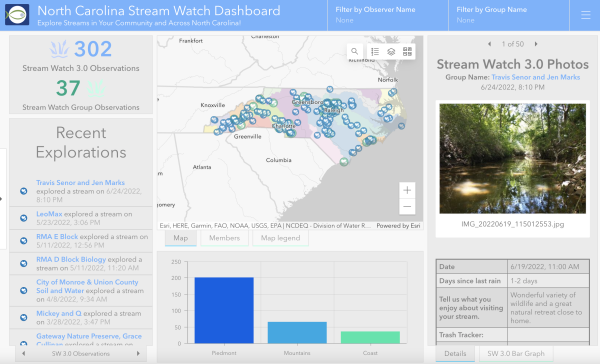
 Planning Tools
Planning Tools
The focus of the NC Wildlife Resources Commission’s Green Growth Toolbox is habitat conservation; however, many of the planning recommendations apply to areas important for watershed protection and restoration. The Green Growth Toolbox consists of a handbook, packaged GIS dataset, training workshops and technical assistance.
 See NC DEQ’s Use Restoration Watershed Program ‘How to develop a watershed plan’ section for a simplified guide to writing watershed plans, as well as several other watershed plan guidance documents.
See NC DEQ’s Use Restoration Watershed Program ‘How to develop a watershed plan’ section for a simplified guide to writing watershed plans, as well as several other watershed plan guidance documents.
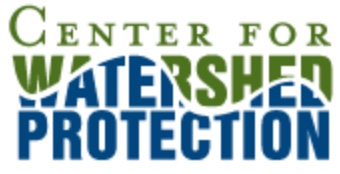 The Center for Watershed Protection’s Online Watershed Library (OWL) is a searchable, online database of basic information, stormwater and watershed manuals and plans, assessment tools, regulatory information, and other watershed-related resources. Users may also submit materials for inclusion in the OWL. The CWP’s Watershed Planning web page also identifies several useful planning resources.
The Center for Watershed Protection’s Online Watershed Library (OWL) is a searchable, online database of basic information, stormwater and watershed manuals and plans, assessment tools, regulatory information, and other watershed-related resources. Users may also submit materials for inclusion in the OWL. The CWP’s Watershed Planning web page also identifies several useful planning resources.
Funding
 The NC DEQ’s Use Restoration Watershed Program has a good consolidated list of funding sources. See also Communities > Financing.
The NC DEQ’s Use Restoration Watershed Program has a good consolidated list of funding sources. See also Communities > Financing.
Education
 The EPA’s Watershed Academy is a set of self-paced training modules that represents a basic, but broad introduction to watershed management. The training modules cover the most important watershed management topics, and assume at least an introductory level of knowledge about these topics. Web modules resemble interactive guest lectures by leaders in watershed management. Unlike an average technical paper, many modules are visually rich and contain 25 to 50 color illustrations and photos. A module typically contains many links for those seeking greater detail, while module-specific glossaries are there for beginners. Self-tests enable trainees to check their retention and see immediate results. The length and complexity of each module varies, but most are at the college freshman level of instruction and require a ½ hour to two hours each to complete.
The EPA’s Watershed Academy is a set of self-paced training modules that represents a basic, but broad introduction to watershed management. The training modules cover the most important watershed management topics, and assume at least an introductory level of knowledge about these topics. Web modules resemble interactive guest lectures by leaders in watershed management. Unlike an average technical paper, many modules are visually rich and contain 25 to 50 color illustrations and photos. A module typically contains many links for those seeking greater detail, while module-specific glossaries are there for beginners. Self-tests enable trainees to check their retention and see immediate results. The length and complexity of each module varies, but most are at the college freshman level of instruction and require a ½ hour to two hours each to complete.
NC DEQ offers a variety of water education programs for all ages. 